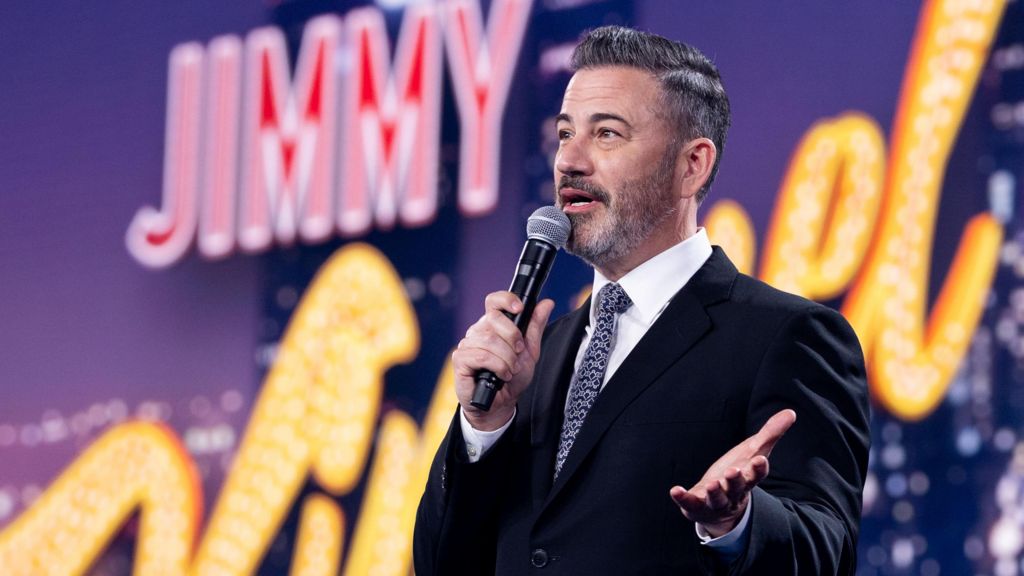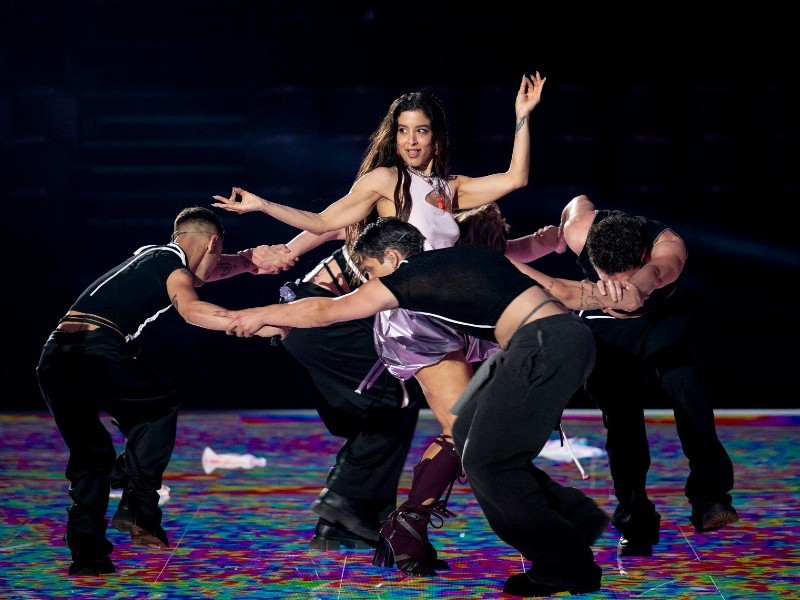
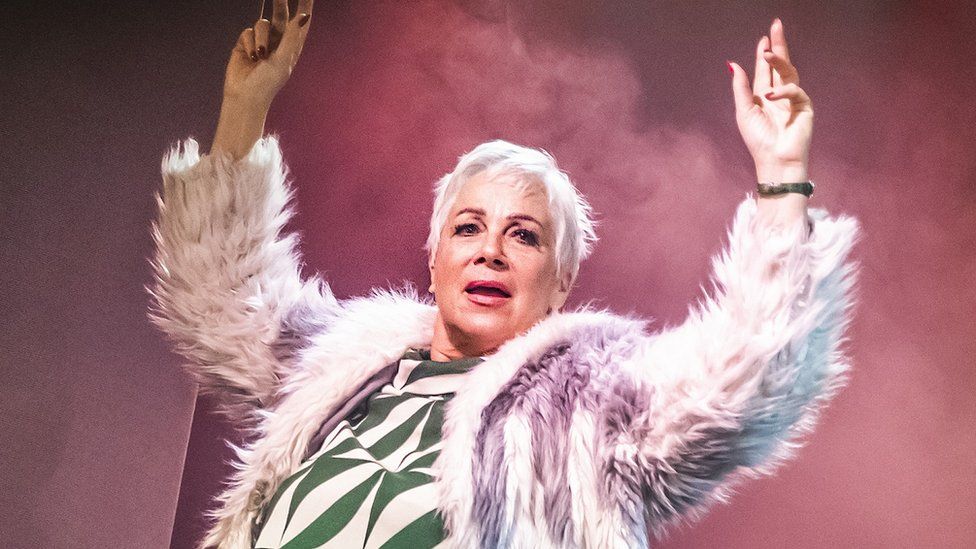
After four tumultuous decades in the spotlight, Denise Welch is known as many things – a well-travelled television personality, a (reformed) party animal, an outspoken Loose Woman, a rock-star mum, a survivor.
But speaking before rehearsals, in a dressing room above the intimate Hope Mill Theatre, Manchester, the 65-year-old is focused on nailing her return to the persona with which she began her career – a theatre actress.
In the premiere of The Gap, by writer Jim Cartwright – known for the soulful and scruffy poetry of plays such as The Rise and Fall of Little Voice and Road – she plays Corral, who relives her youth in Swinging ’60s London.
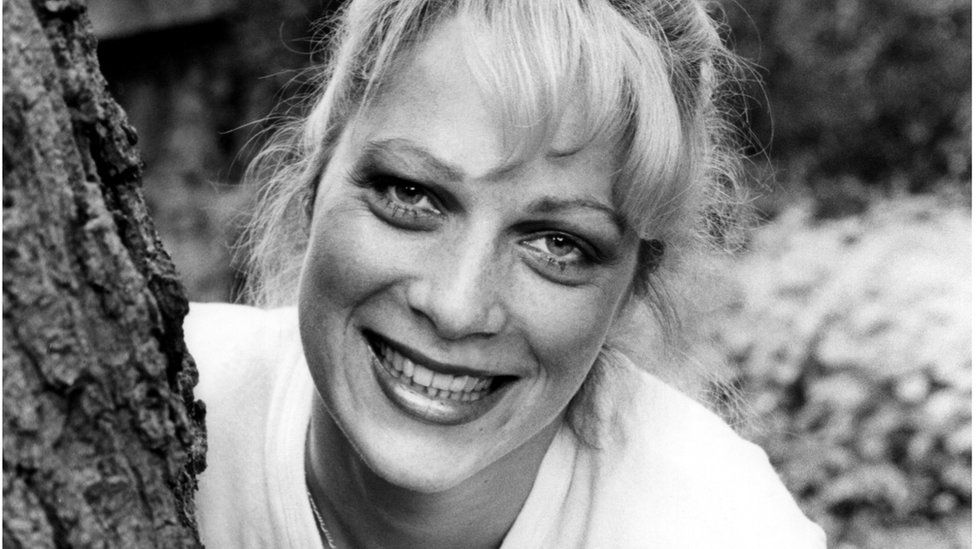
“There are some lines that only Jim Cartwright would write,” Welch says in mock despair.
“I’d say, ‘Oh my God, Jim, I can’t get that bloody line in my head because only you would write it!’
“He said to me, ‘Would you have talked to William Shakespeare in this way?’
“And I went, ‘Yes, I would have.'”
Had she been treading the boards a few hundred years ago, there is little doubt Welch would indeed have been unafraid to give the Bard a piece of her mind.
That is all part of her persona – the vocal, unfiltered, cheeky Geordie matriarch.
For some, that is what makes Welch a national treasure. For others, it makes her a loudmouth irritant.
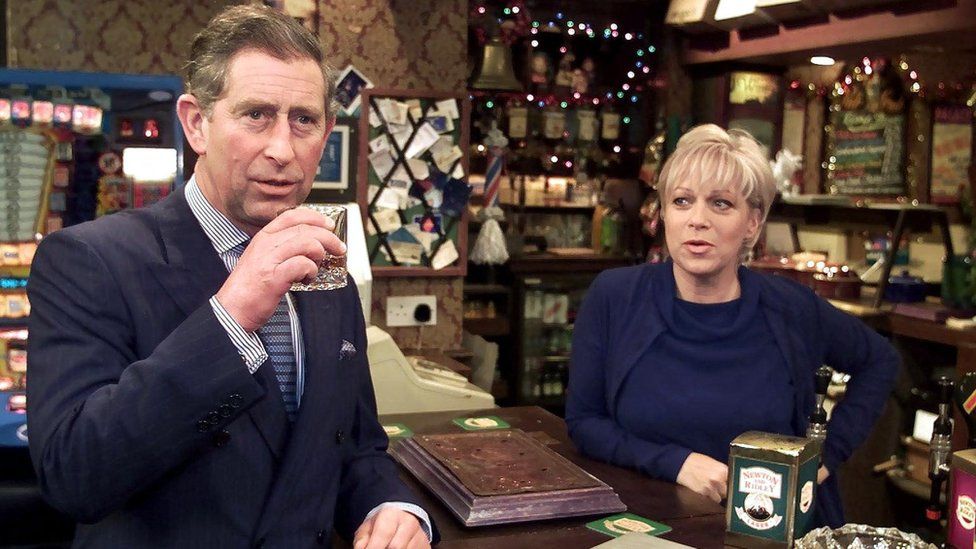
Welch has been in Coronation Street, Waterloo Road, Hollyoaks and Soldier Soldier among other dramas – but her longest-running credit has been ITV panel show Loose Women, on which she first appeared 21 years ago. Her defining role has been as herself.
She has been outspoken and controversial on the show, and on social media, on topics such as Covid – namely the restrictions she feels were unjustified when people, including her elderly father, were ailing and living alone.
Welch has also written three candid memoirs.
The latest, 2020’s The Unwelcome Visitor, goes into unswerving detail about her clinical depression and how she turned to drink and drugs to try to escape it but they just made things worse.
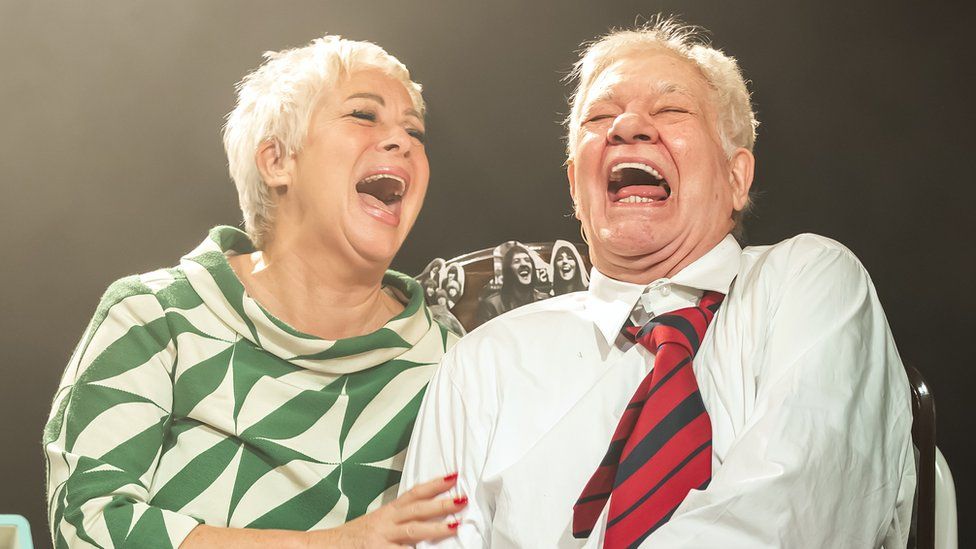
The book describes one of her lowest moments, before performing as singer Petula Clark on ITV’s Stars in Their Eyes programme, in 1999.
In the dressing room, Welch was “crawling around and banging my head on the floor, trying desperately to deaden the pain within”, she wrote.
That was her first meeting with Stars in Their Eyes host Matthew Kelly – now appearing opposite her in The Gap.
“Matthew is a wonderful soul,” Welch says.
“He’s somebody that I could talk to if I felt that I was struggling in any way.”
‘Ex-party animal’
Being sober for 11 years has helped keep the unwelcome visitor – Welch’s nickname for the “monster in my mind” – at bay.
Her reputation as a party animal is now out of date – she is an “ex-party animal”, she says.
“I can’t even tell you how un-party animal I am,” Welch says.
“I am happiest at home with my husband, watching true crime on television with a takeaway. That is my dream.”
This video can not be played
To play this video you need to enable JavaScript in your browser.
But Welch readily accepts the years of drink and cocaine addiction took their toll on her and those around her.
“I’ve had to come to terms with my past and the behaviours that addiction take you into,” she says.
“And I am sorry to the people that I hurt because of my behaviour.
“With alcohol and drug addiction comes a lot of shame, because, the person I am now, I cannot believe some of the things that I did and some of the decisions I made.
“Or did I make those decisions, or were they just the result of what was happening to me at the time?
“But I’ve learned to forgive myself.
“I was medicating a terrible, terrible illness, in a way, for a short-term solution, which unfortunately then got a hold of me.”
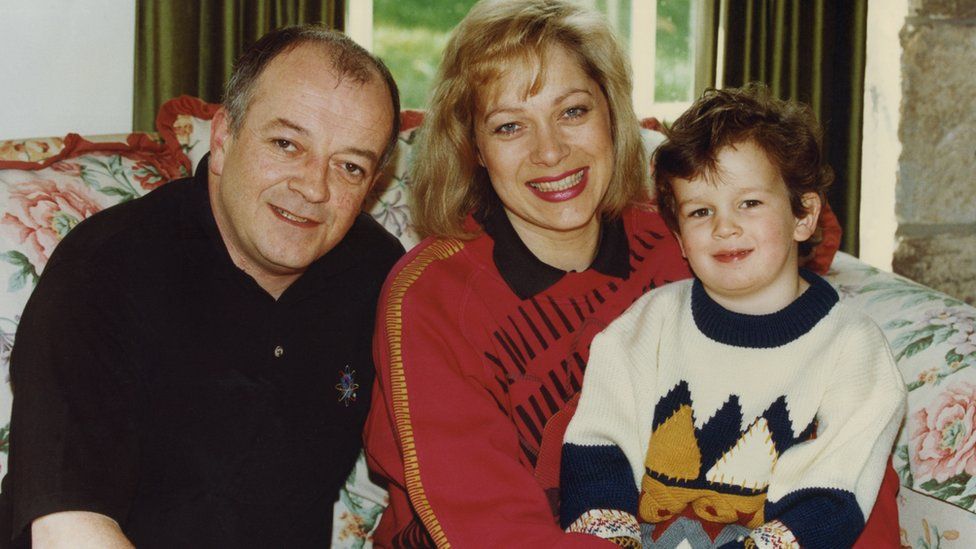
The unwelcome visitor first reared its head when Welch suffered post-natal depression after giving birth to her first son, Matthew, almost 35 years ago.
The impact on her family hit home when Matty – now rock band The 1975’s frontman – wrote a song about it, She Lays Down.
“She’s appalled by not loving me at all,” he sang in the chorus.
“She wears a frown and dressing gown, when she lays down.”
Welch was “heartbroken” when she heard the song.
‘Bit rock’n’roll’
“If I hear it now, it makes me cry,” she says.
“What made me cry more than anything was his understanding of it.
“He’s my son in so many ways – and he shares an understanding of my illness.
“As a teenager, he was around a lot of madness.
“But like he says, ‘Yeah, but Mum, had the house not been a bit rock’n’roll, I probably wouldn’t be a rock star.’
“So there’s pros and cons to it.
“But you have to make your peace with people – and addiction is a horrendous illness.”
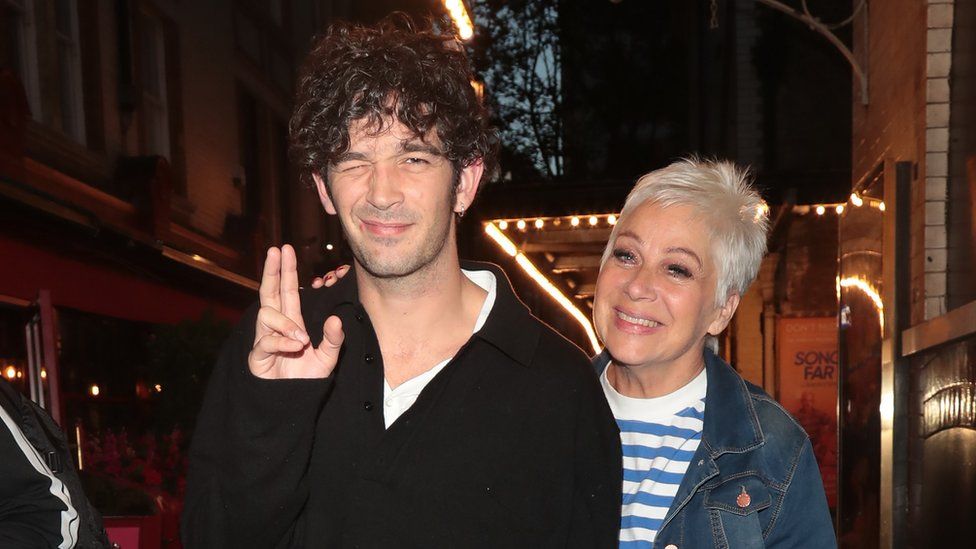
To a large section of the population, Welch is known not as an actress or TV panellist but as Matty Healy’s mother.
She could, in one universe, have been known, to even more people, as Taylor Swift’s mother-in-law – but her son’s relationship with the pop singer ended last year.
Now, when someone approaches her in public, Welch can tell whether they are a fan of her or her son.
“Denise Welch fans are beaming and they feel like they know me and there’s a sort of a familiarity,” she says.
“With Matthew’s fans, it’s, ‘There is the Virgin Mary – there is the woman who gave birth to the Messiah.’
“I’ve had people in the foyer of the O2 [arena] touch me and burst into tears.
“He provokes this hero worship, to the point that the fact that I actually produced him in my body gives me that sort of reverence – and it’s quite hysterical.
“So I do enjoy having a bit of having a bit of fun with that.”
‘Very proud’
Welch’s younger son, Louis, is also an actor.
“I’m very proud of both of them – but mostly, I worry about them, like every mum.
“Are they OK mentally? That’s normally what I’m worried about. Is Matthew all right?
“I’m watching him on stage, and of course, I’m proud.”
The fear
The unwelcome visitor has not visited Welch for five years – but she is aware it could return.
While there has not always been an obvious external spark for the onset of an episode, going on stage has been a trigger in the past. So Welch is at pains to take care of herself as her new play opens.
“I have to be very careful before any kind of stressful situation, of which opening in a play is one of them,” she says.
“My body tries to turn what would be healthy nerves into anxiety – and then that can lead to other things.
“What my head says is, ‘I’m really excited about this play.’
“But then your body takes over – and the fear of the fear of something happening again can take over. So I’m never through the woods on it.”
“But I won’t live in fear of it all the time – that’s what I can take control of.”
The Gap is at Hope Mill Theatre in Manchester until 16 March.


